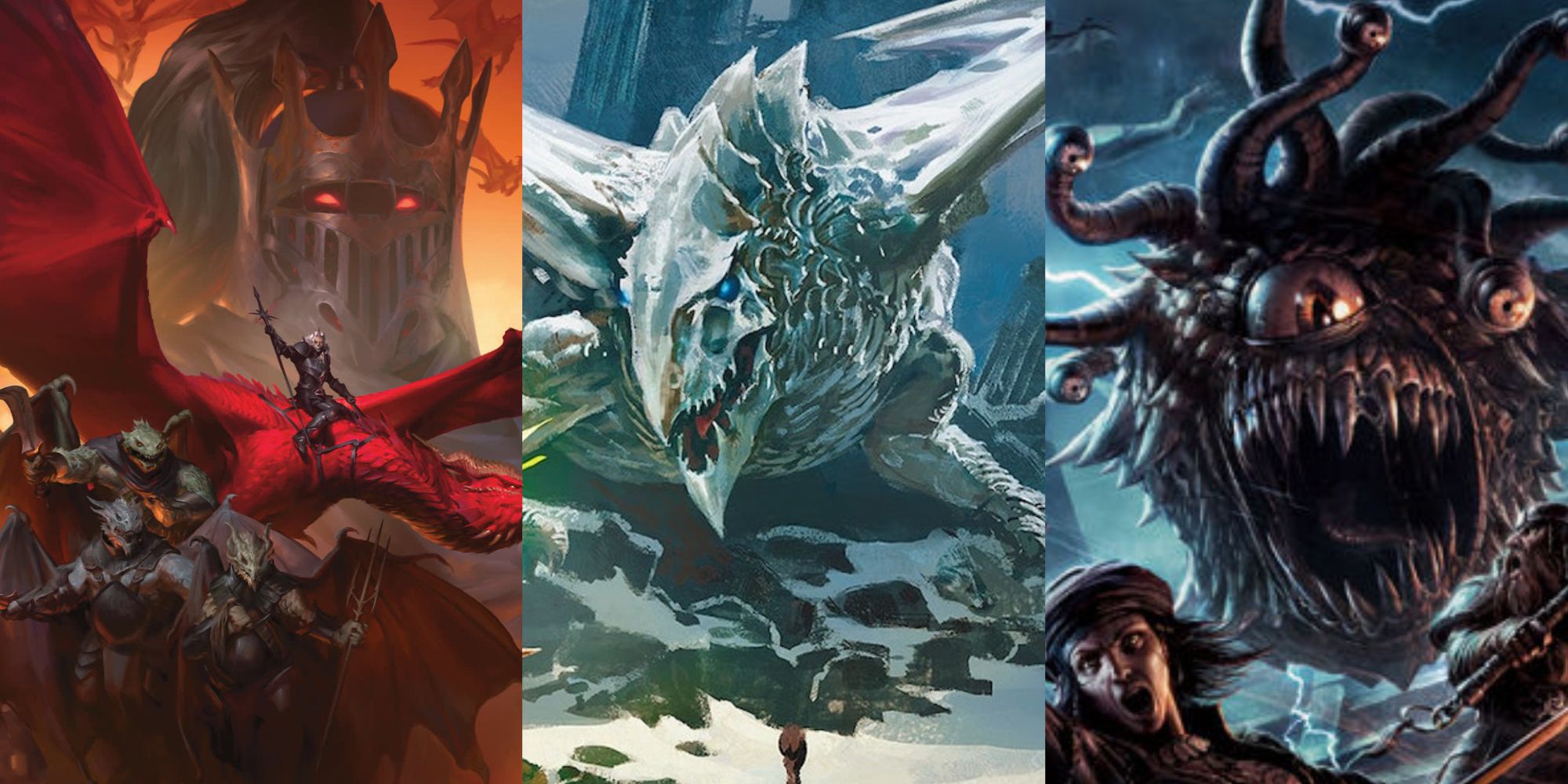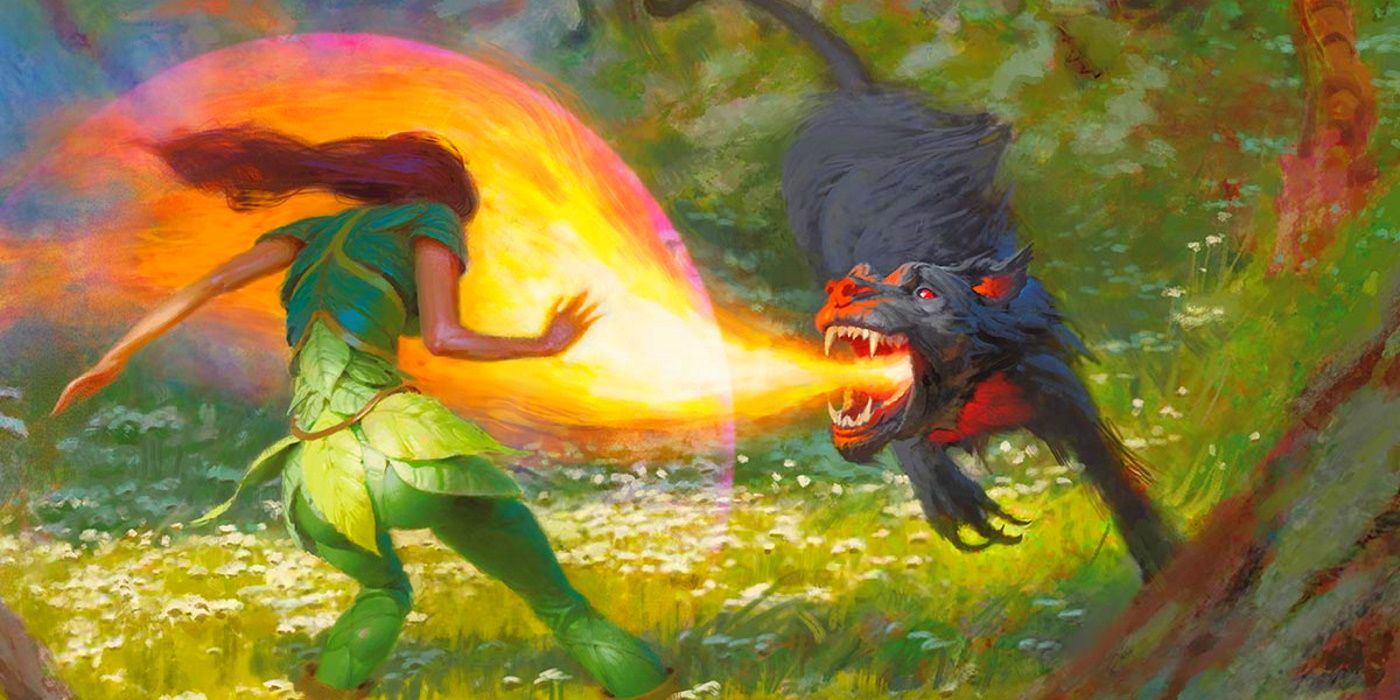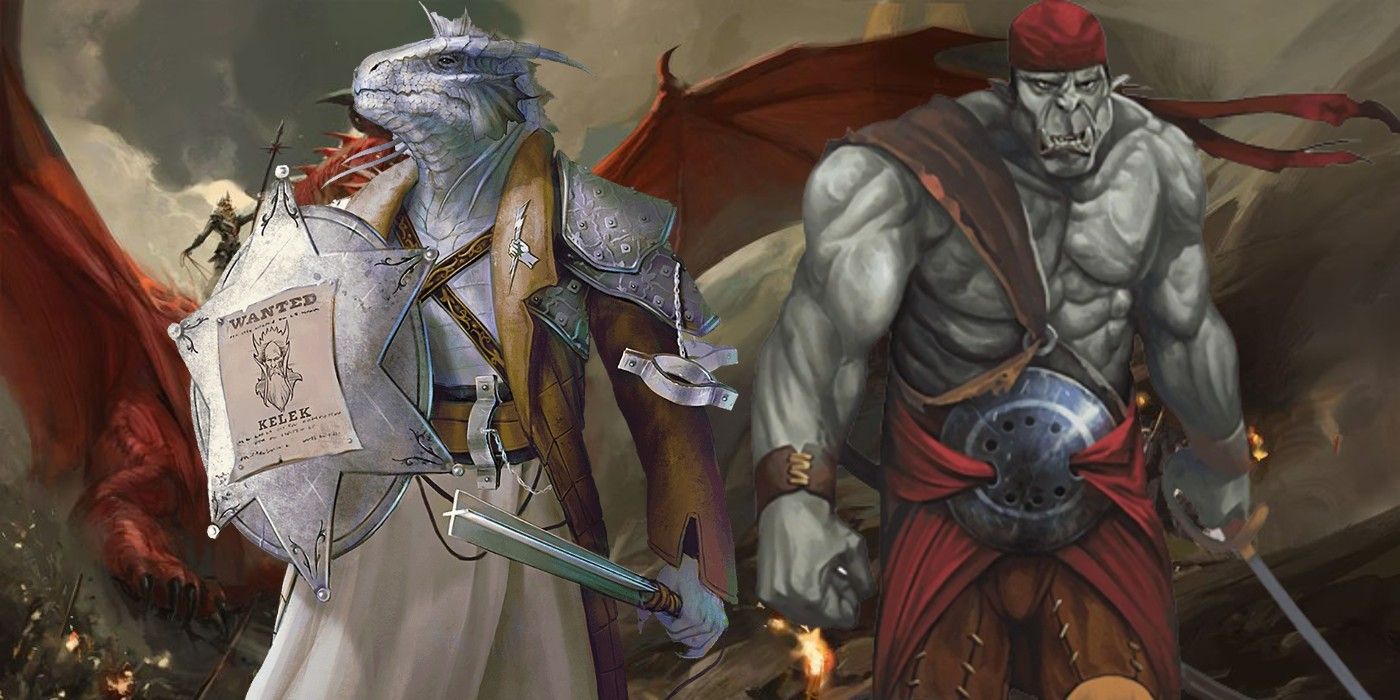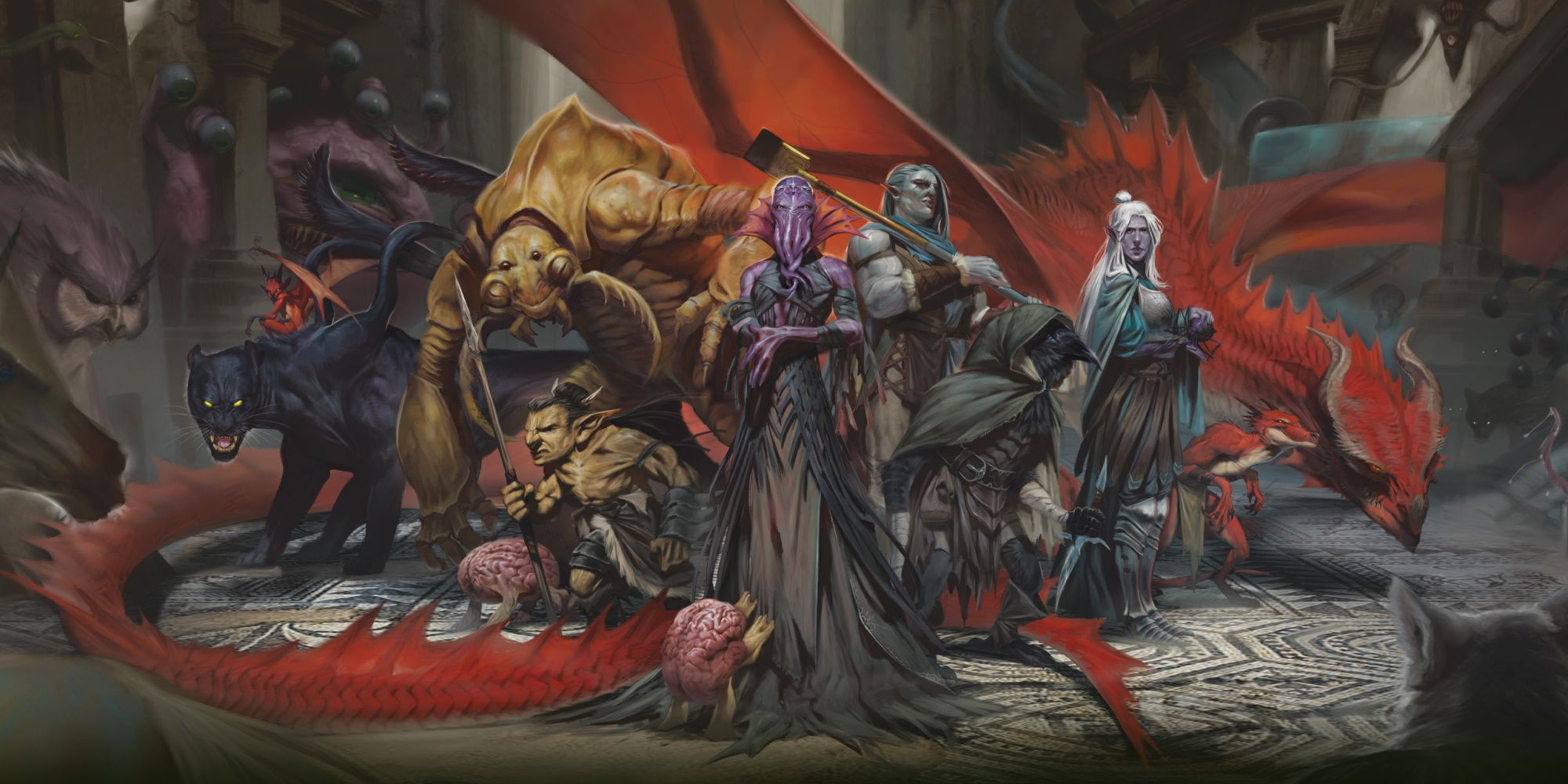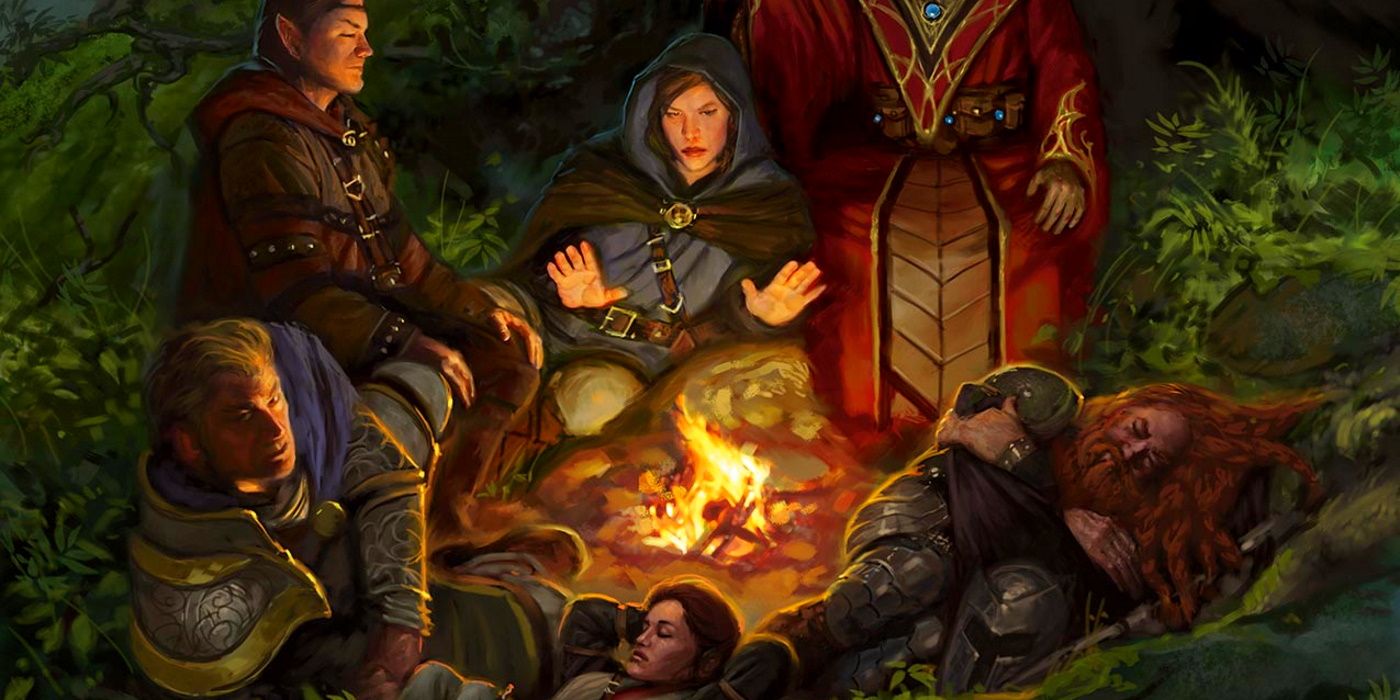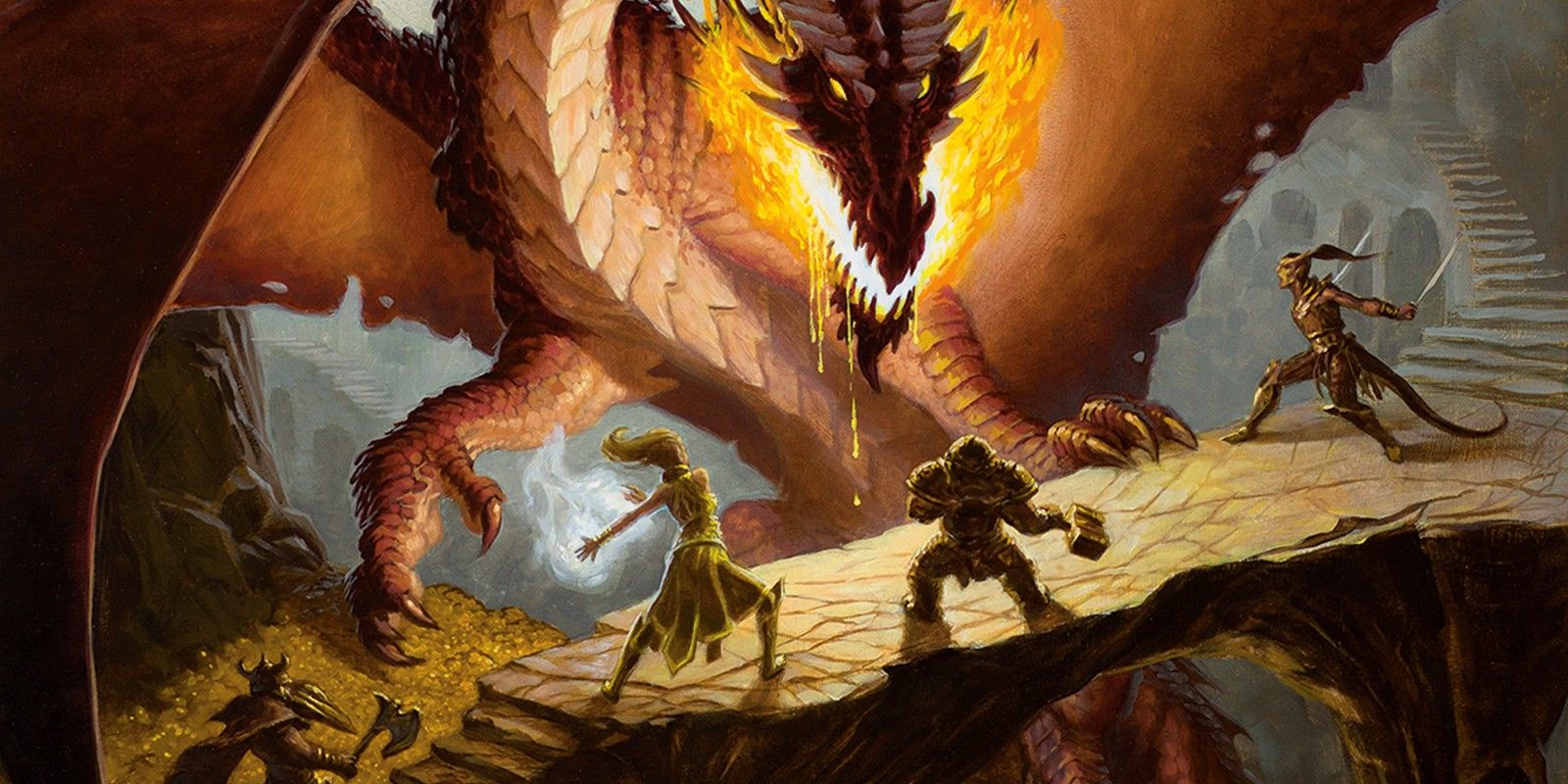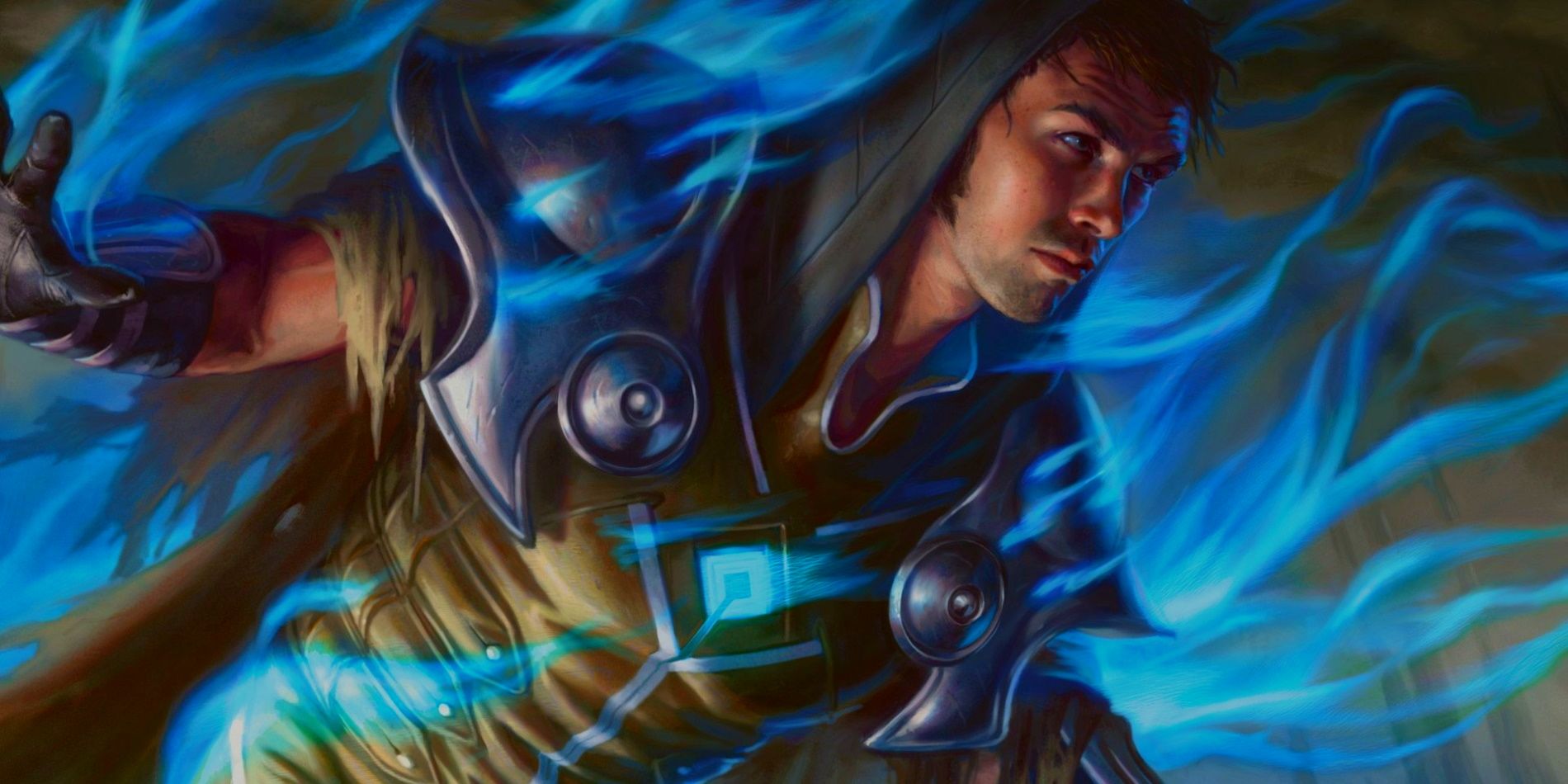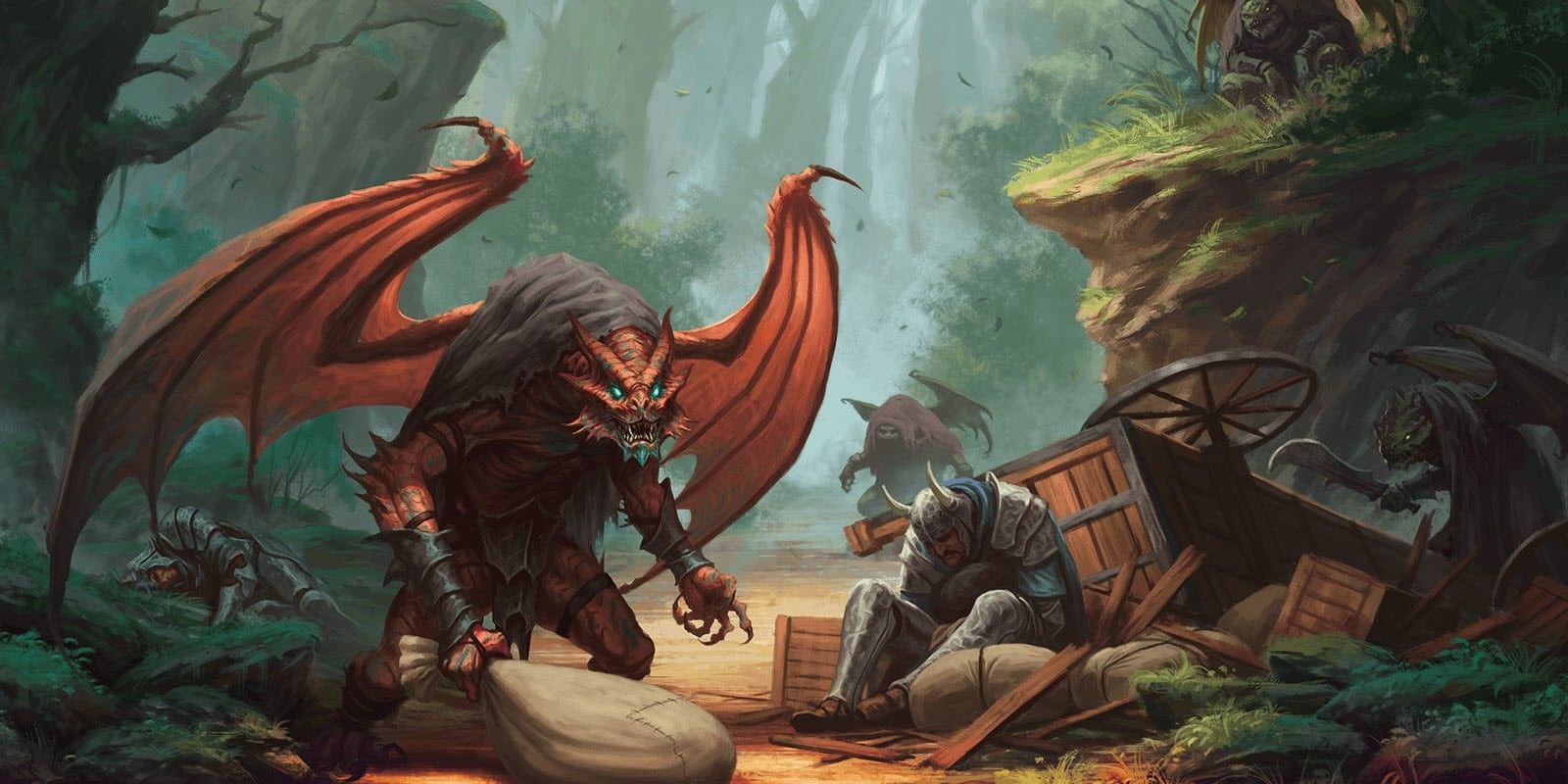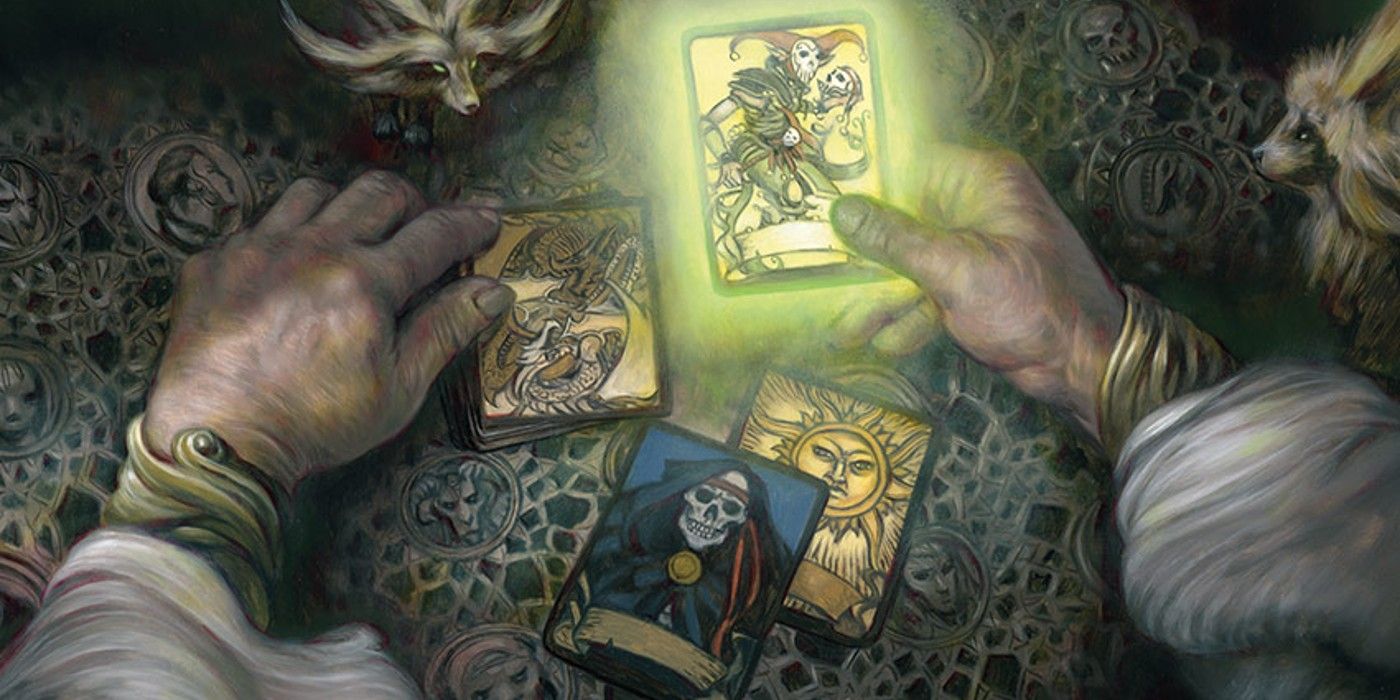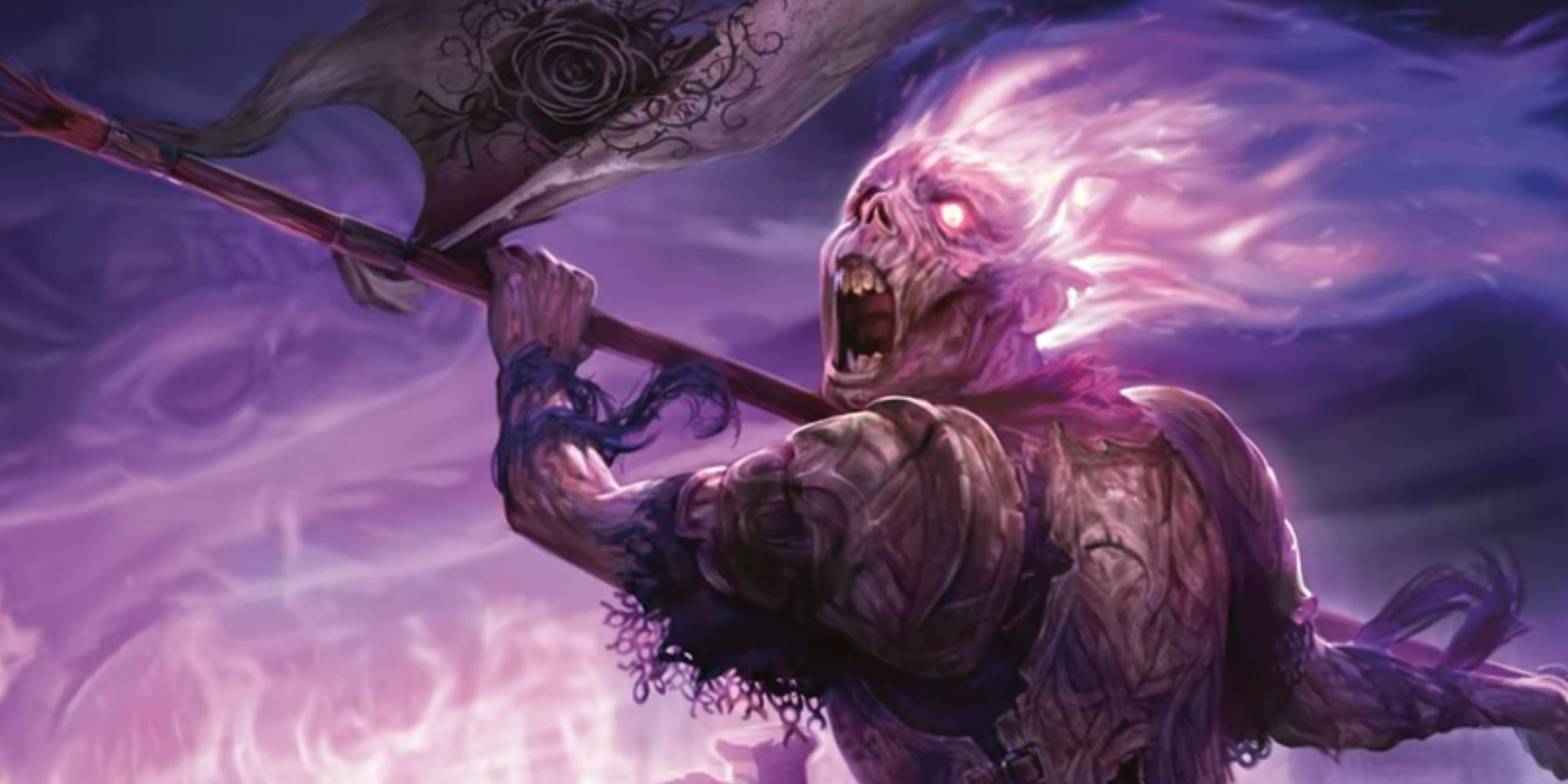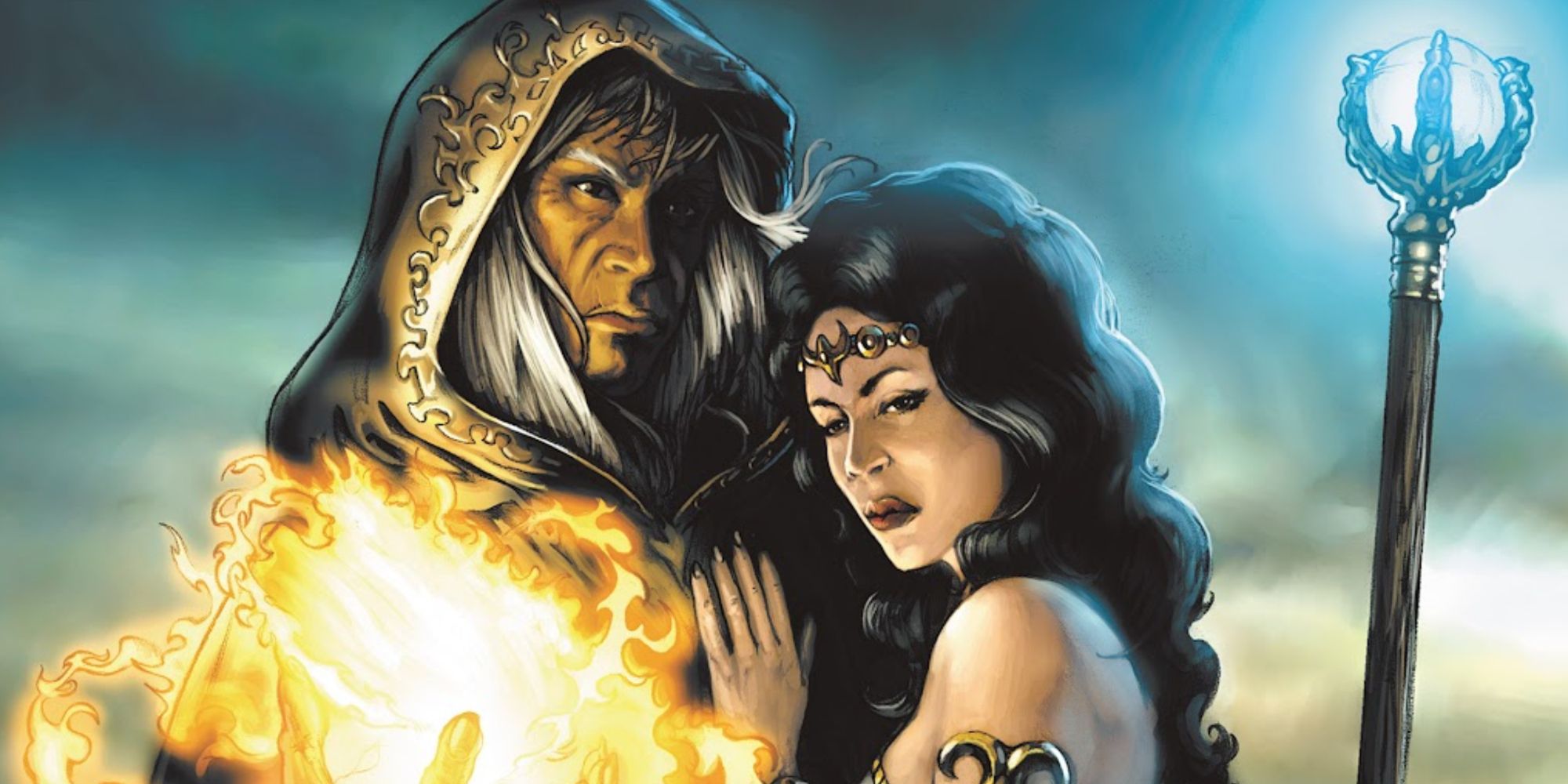Fans are continuing to gear up for the release of Dungeons & Dragons: Honor Among Thieves which releases in 2023 and are thus getting stuck into their ongoing campaigns. The rule book continues to evolve which each new edition of the tabletop experience, but not all of the boundaries set are well-liked by fans.
These Redditors have ruled that several guidelines that have been set out within Dungeons & Dragons hamper the experience in some way. Of course, to not follow the rules would be to invite chaos, and most players continue to stick to them despite some grievances.
Conjuration Spells
For those utilizing magic in Dungeons & Dragons, there are several rules to follow, but the earlier iterations of the games had some complex rules when it came to conjuration and specifically how that could be practically implemented throughout a turn.
Jolzeres spoke strongly on this saying the worst was "Conjuration spells that heavily favor lots of little summons over bigger summons. There are actually guides for DMs giving suggestions as to how to handle if one of your players uses these types of spells... That really shows how much of a hassle they are." Recent updates have made these far more manageable though.
Dual Wielding
Weapon selections are a vital part of gameplay and players can even choose to dual wield when creating their characters. However, the rules in place especially under 5E don't necessarily allow the player to benefit from this optional extra weaponry.
PigeonsHavePants said dual wielding featured the worst rules because of "the fact that it eats up a bonus action, unlike a two-handed weapon... It's working just as much as a regular two-handed weapon, but you also can't use your multiple attacks a turn, with the bonus action thing." Arguably this has been done to balance gameplay further for struggling DMs to handle.
Grappling
When it comes to combat grappling is one such attack option for players to use. However, for some Redditors, the classic rules involved in grappling have continued to be a bit of a mess. SquidMaster616 said as much; "As a general rule, D&D Grapple rules have always been extremely poor."
There are always improvements to be made and OnslaughtSix did point out that "5e fixed it though." The grappling rules have thus been adapted for easier use for a Dungeon Master with even the worst playable races now finding benefits under the new setup.
Banned Core Features
While there are plenty of standard rules for a party to follow, some Dungeon Masters also implement house rules based on their past experiences. Redditors have been sharing the worst house rules they've had to follow and banning core features is obviously a major one.
nathanknaack used an example saying, "My last campaign was called 'Hunting the Desert Orcs' and one of my players rolled up a hunter ranger with orcs as a favored enemy and desert as a favored terrain, hence, I've banned rangers from all my games." It's a silly move to make that can hamper the experience by taking players out of the traditional formula.
Dragon Polymorphing
There are so many underappreciated aspects of D&D including the ability to polymorph; change a creature into something new. In regards to house rules, Dungeon Masters can choose how that spell might play out with the rest of the party but could make the wrong decisions in doing so.
FluentInDuwang touched on this with an example saying, "Apparently, Polymorphing into a Red Dragon means that the DM can make you turn against the party with no prior warning." It's erratic moves like these that can ultimately derail a campaign and make it a little less fun.
Changes To Prestige Classes
When creating a character there are complex rules surrounding how they can be designed, what classes they may belong to and how that can impact the campaign moving forward. The rules on these aspects have shifted especially with 5E and some players aren't happy about it.
Ettina said their "Least favorite thing is that prestige classes are no longer a thing. They led to so much more creativity in builds. A lot of them are subclasses now, which is cool, but it means you can only enter them with one base class." There are workarounds, but it has made the process less streamlined compared to the likes of 3.5.
Experience Points
Experience points are a key mechanic in D&D gameplay that has remained largely consistent for a while. Players will level up based on these points, and it would be controversial to get rid of them. Yet, there is something to be said about having to keep track of them.
BithTheBlack said, "The fix is to use milestone experience, where PCs level up when they get to key points in the narrative or after a certain amount of sessions. It gets rid of tracking silly points, which is a huge pain." That's a good solution that could be easy to implement for the DM.
Rolling An Instant Kill
Fate can be cruel in Dungeons & Dragons, but one of the worst rules is another featured under the Dungeon Master's own house rules. This fantasy landscape is a dangerous place and some DM's might want to convey that through a roll of the dice.
MintyGreekBalls said, "that if you roll three 1's in a row you insta die. It happened once to a level 14 character, rolled three ones in a row during an encounter and he had some random monster appear and carry him away and kill him." It's certainly an experimental application of the rules that would likely be disappointing to play.
Permanent Injuries
Regardless of a strange player character backstory, or the events that have taken place throughout the campaign thus far, a terrible house rule can truly send the party in a direction that they don't wish to go in. Permanent injuries are one choice a DM can make that might be unpopular.
blackbirdhm said, "I once played a game that had permanent injury tables whenever you were crit. In the first session, my cleric was clawed in the intestine or something like that." Such an injury can completely ruin a campaign and switch a player's actions to elements they simply don't want to focus on.
Stacking Attacks
For some Redditors, the worst Dungeons & Dragons rules happen to surround the battle system and how attacks can be maneuvered. The gameplay mechanics are quite flexible, but there are always flaws that might not have the simplest of fixes that Dungeons Masters can include.
TinySqwuak noted that they hate "Extra Attack not stacking. I completely understand why it's a thing and don't have a fix in mind that doesn't require a massive system change but I hate that a 4/4 split is significantly weaker than a 5/3." Perhaps future innovations could adapt the rules to meet these demands.

